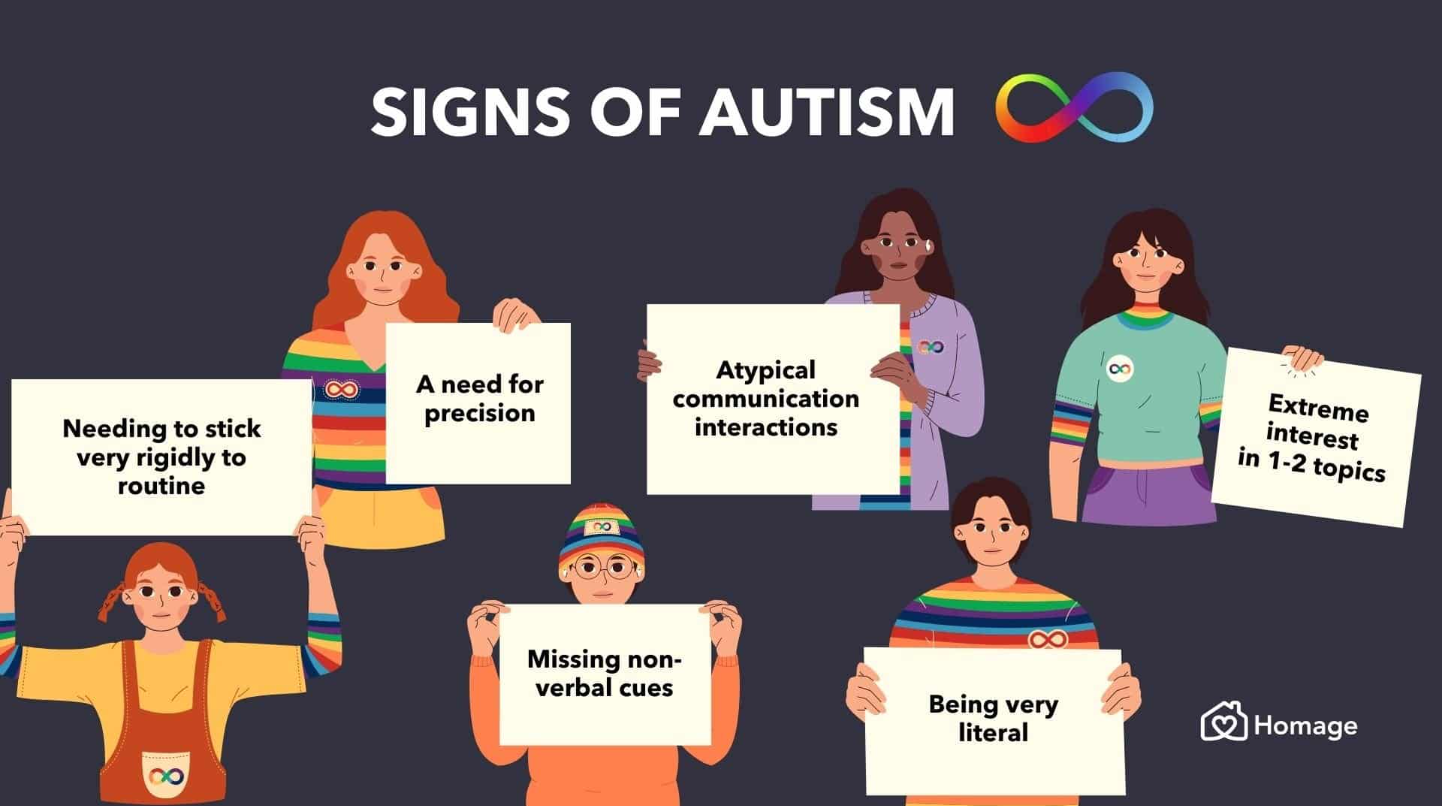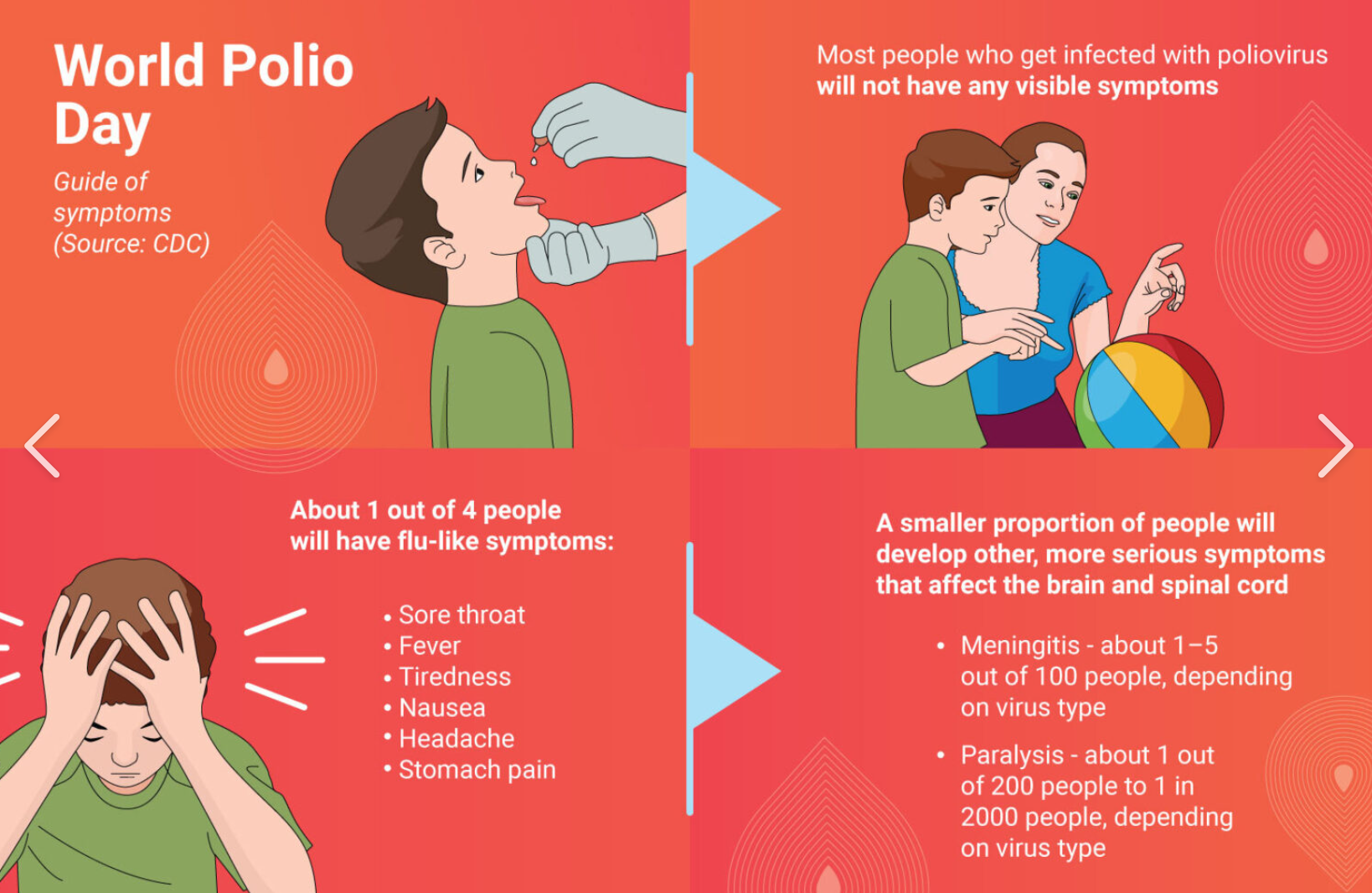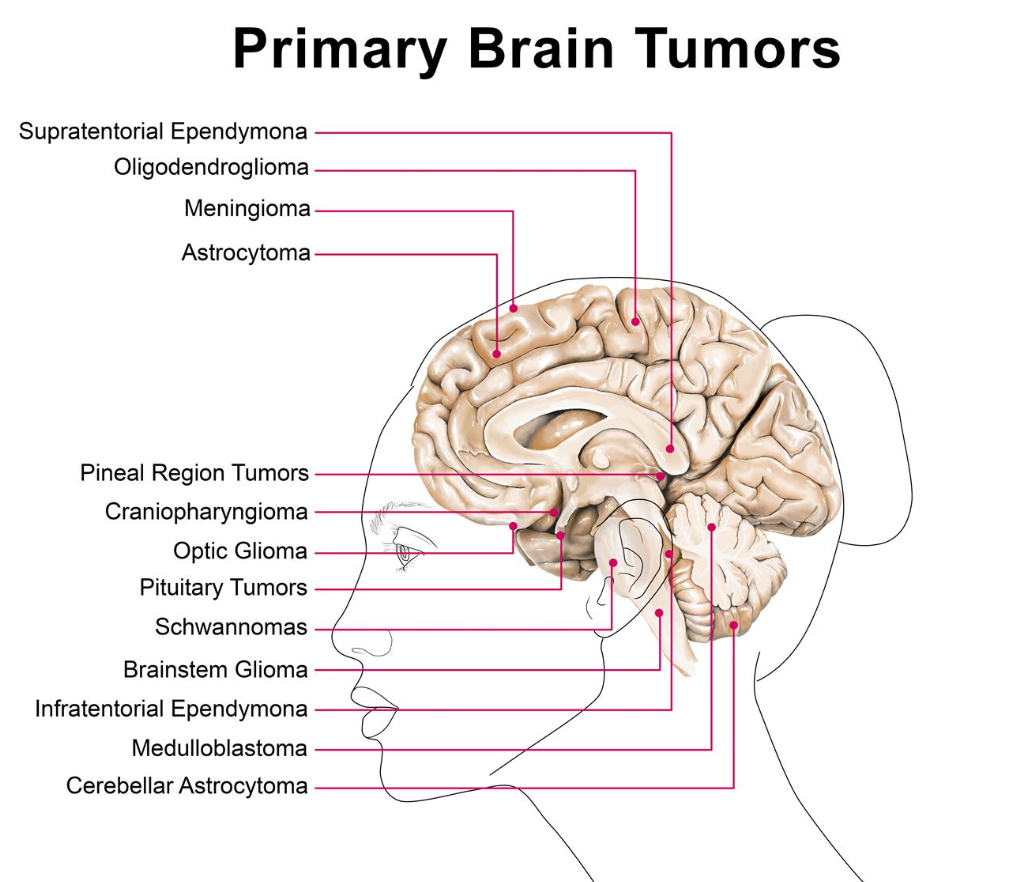When we hear the term “Autism Spectrum Disorder” (ASD), many of us instinctively think of children. But autism is not something you grow out of. It’s a lifelong neurodevelopmental condition that spans all ages, races, and social backgrounds—and many adults are living with it, often without even knowing.

Yes, adults can be autistic—but it’s not something that suddenly appears in adulthood. Rather, it’s a continuation of traits that may have been overlooked or misunderstood earlier in life. As Elon Musk shared in 2018, even highly successful individuals can be on the spectrum.
While more noticeable forms of ASD are often identified in early childhood, those with high-functioning autism may not be diagnosed until much later. Many adults seeking help today have spent years feeling “different”—their traits dismissed as shyness, quirkiness, or social awkwardness.
The Overlooked and Misdiagnosed
Core characteristics of autism include challenges in social communication, narrow or intense interests, and repetitive behaviors. These can show up as difficulty maintaining eye contact, trouble navigating conversations, or a strong preference for routine.

But autism manifests differently in everyone. Some adults may struggle to understand sarcasm, metaphors, or unwritten social rules. They might feel overwhelmed in noisy environments, avoid group gatherings, or experience heightened sensory sensitivity.
Making things more complicated, ASD is often mistaken for other conditions—such as ADHD, social anxiety, OCD, or sensory processing disorder. In fact, 30–60% of autistic people also have ADHD, which can blur the diagnostic picture.
Autism vs. ADHD in Adults: What’s the Difference?
While both can involve social challenges, the root causes often differ.
An adult with ADHD might miss social cues because they’re distracted or impulsive. An autistic adult, however, may not intuitively understand those cues in the first place—like not recognizing when someone is bored, upset, or being sarcastic.
After repeated social misunderstandings, autistic people may withdraw and immerse themselves in special interests—not because they dislike people, but because the social world feels confusing and unpredictable.
These intense interests—sometimes mistaken for OCD—are often a source of joy and comfort. The key difference? Autistic people usually enjoy their repetitive behaviors; those with OCD are typically distressed by them.
Could You or Someone You Know Be Autistic?
Here are some common signs of autism in adults:
- Difficulty starting or keeping a conversation going
- Talking extensively about specific interests while struggling to engage with others’
- Few or no long-term friendships
- Unusual eye contact or body language
- Taking language very literally
- Trouble understanding others’ emotions
- Strong need for routine—and distress when it’s disrupted
- Sensory sensitivities (e.g., to sound, light, or texture)
- Preferring solitude over social gatherings
- Exceptional memory or talent in specific areas (e.g., math, art, music)
It’s important to note that not every autistic person will show all these traits. And while some have extraordinary abilities—like animal scientist Dr. Temple Grandin—these “islands of talent” often coexist with ongoing social challenges.
If You See Yourself Here…
Remember: autism is not a disease. It’s a different way of experiencing the world.
If you suspect you may be autistic, a formal evaluation can provide clarity—and often, relief. Understanding yourself as autistic can help reframe a lifetime of feeling out of place. It can lead to better self-acceptance, tailored support, and connection with a like-minded community.
You’re not broken. You’re not flawed. You’re different—and that difference is part of a broad and beautiful spectrum of human neurodiversity.







Leave a Reply